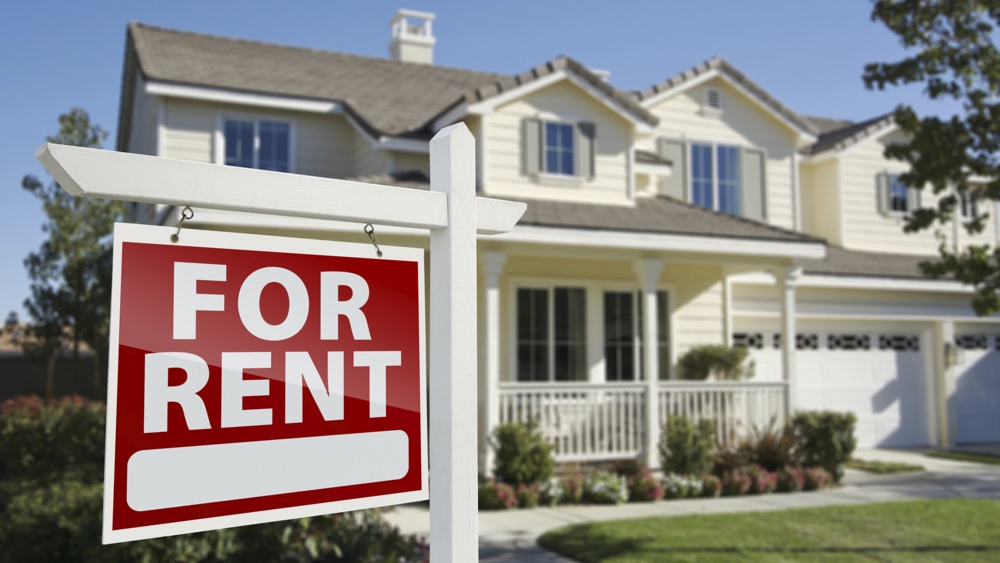Reporting Income on Rental Property or Suites

If you own rental property or have a rental suite in your home, the Canada Revenue Agency (CRA) requires you to report any income on your tax return. How do you satisfy this reporting requirement without triggering undue CRA scrutiny of your tax filing?
This article is for you.
Reporting Requirements for Rental Properties
The CRA provides a special form for taxpayers to report rental activities, which must be completed and submitted as part of your annual tax filing to CRA. The form itself is relatively straightforward (unlike many forms and schedules provided by CRA), but there are many considerations to bear in mind as you complete it. The following discussion highlights some of the more important items:
Allowable Expenses
Allowable expenses for rental activities include repairs, property taxes, mortgage interest, insurance, advertising, utilities (if not paid by the tenant), and strata/management fees. Certain expenses (like auto and travel) can only be claimed under very restrictive circumstances, while others (such as the principal portion of mortgage payments) cannot be deducted at all. You are also unable to deduct the value of your own services or labour relating to the rental property.
Note that only the portion of expenses directly related to the rental operation can be deducted. Over-aggressively claiming rental expenses can be a “red flag” and increases the risk of CRA audit.
Co-Ownership
If you co-own the property you should indicate your percentage share of the ownership on the form. Co-ownership between spouses can be an effective way to split income, and is comparatively easy to report. However, if you co-own property with unrelated parties you must ensure that everyone reports the income and expense amounts consistently to decrease the likelihood of CRA review or audit.
Sale of a Rental Property
If you sell a rental property, you must report the disposition on your tax return and pay tax on any capital gains. There are a series of rules that may or may not apply on the sale, depending on your unique circumstances, and calculating the capital gain or loss is not always a straightforward process. Care must be taken to ensure the disposition is reported correctly on your tax return.
Rental Suite in Your Principal Residence
If you rent out a portion of your principal residence, proper planning may enable you to still qualify for the full Principal Residence Exemption (which allows you to avoid capital gains tax on the sale of your residence). If you do not meet the required conditions you will be subject to capital gains tax on the rental portion of your home, so advance planning is recommended.
Change in Use Rules
There are a few circumstances that require special attention with the change of use in rental property:
- You convert some or all of your home into a rental property
- You stop renting out a property and move in yourself
- You want to move out of town for a new job and rent out your house while you are away
Any of the above creates new tax reporting requirements. The impact of the change in use rules depends on a variety of factors, but in all cases it is highly advisable to seek out qualified assistance to ensure you avoid negative tax consequences.
Final Word
The CRA is paying closer attention to individuals with “non-routine” (and harder to verify) sources of income such as rental properties. Organized record keeping and professional advice help ensure your tax compliance, and we at Cloutier Matthews are always here to help.





